2. Oral Hygiene

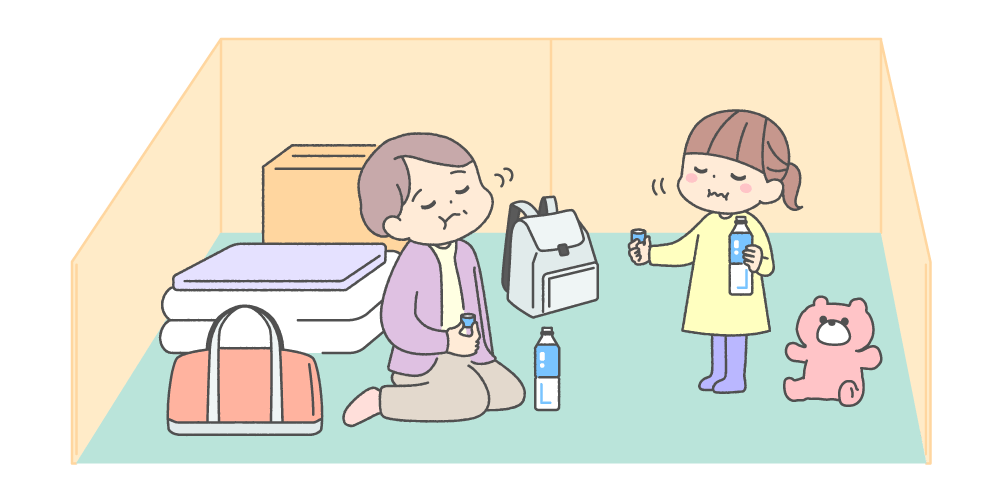
Living in an evacuation shelter or anywhere with a limited water supply can lead to inadequate oral care. This increases the risk of developing not just oral problems like cavities and gum disease, but also health issues like infectious diseases and aspiration pneumonia.
Special caution needs to be taken with regard to children and the elderly, whose bodies are less resilient.
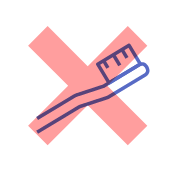 If you don’t have a toothbrush
If you don’t have a toothbrush
It is important not to leave traces of food in your mouth after eating.
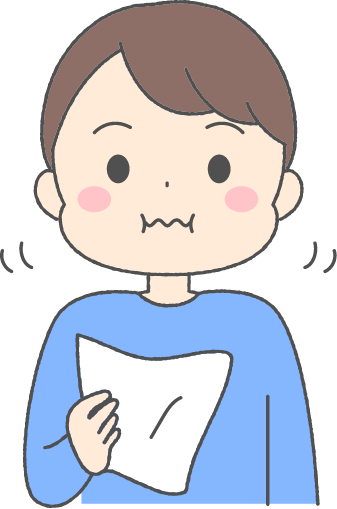
-
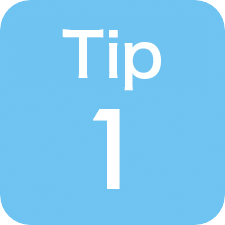
Chew food well
Chewing increases the secretion of saliva, which washes away contaminants in the mouth.
-

Use your tongue to clean your teeth
Lick your teeth to clean them with your tongue. Wiping grime off the teeth with a tissue is also effective.
-

Drink water or tea after eating
Swish water or tea around the mouth to wash away contaminants.
Pay attention to producing saliva
Saliva helps wash away contaminants and germs in the mouth.
-
Massage the salivary glands

Gently massage the under the ears, jaw and chin.
-
Tongue stretches

Move your tongue up and down, left and right, and in circles clockwise and counterclockwise.
Chewing gum and talking help increase saliva flow.
Oral care when water is limited
You can use just a little bottled water or tea for oral care.
-
1
Using a plastic drink bottle, hold 1-2 capfuls of water or tea in your mouth.

-
2
Swish the water or tea around the entire mouth several times, including between teeth and across the tongue.
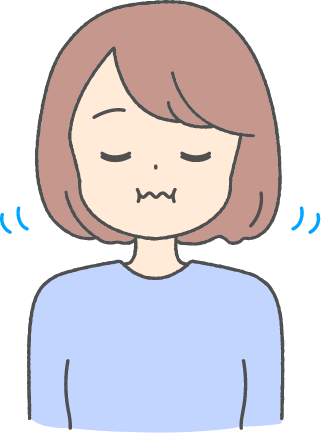
Make sure to do this in the morning, after eating and before bed.
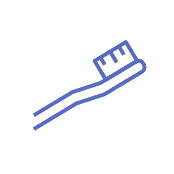 If you have a toothbrush
If you have a toothbrush
Brushing when water is limited
Even when water is limited, brushing with a toothbrush is best.
-
1
Pour a small amount of water into a cup and use it to wet your toothbrush.
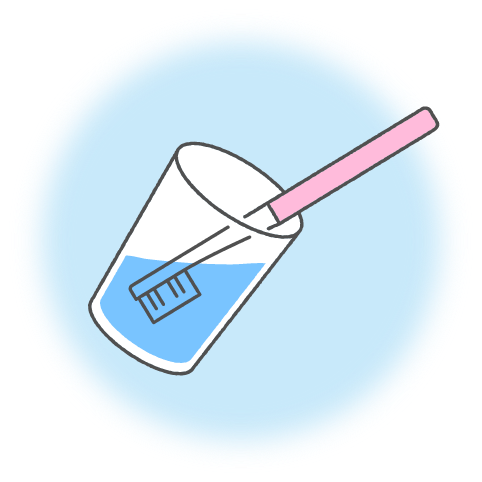
-
2
Grime can gradually build up on your toothbrush, so use a tissue or other available material to wipe it off between uses.

-
3
Lastly, use bottled water to rinse your mouth.

-
4
Take care not to splatter when you spit out water after rinsing.
Paper cups are handy for spitting out water or mouthwash after rinsing your mouth. A crumpled tissue placed in a paper cup will absorb the water, making it easy to dispose of when you are done. Knowing what to do in advance will help you be ready should the need arise.
If you have mouthwash, using it in combination with brushing is even more effective.
Sources:
“Brushing when water is limited” prepared based in part on information on the websites of the Nihon Kōkū Kea Gakkai and Zenkoku Zaitaku Ryōyō Shien Shika Shinryōsho Renrakuka
 Brushing with running water
Brushing with running water
When lifelines are working again and you can use water more freely, you can brush as normal.
However, in an evacuation shelter, it is important to be considerate of others.
Keep the following points in mind when brushing your teeth.
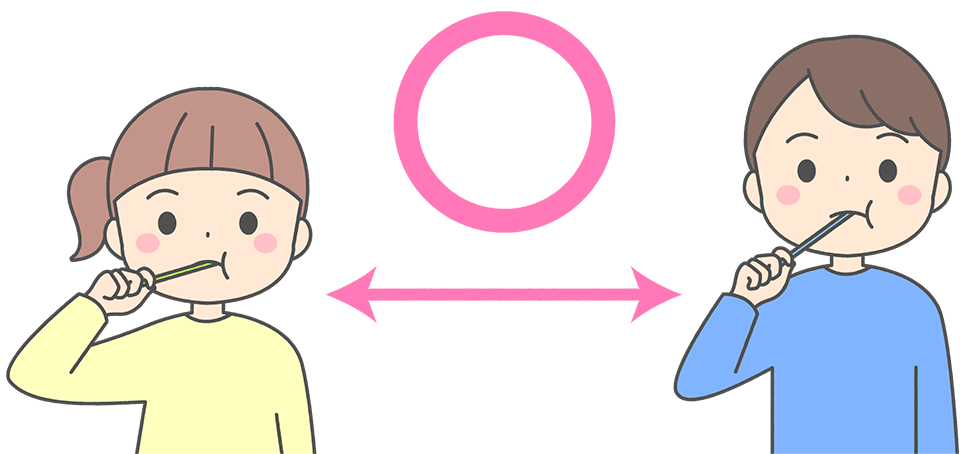
- Take steps to avoid crowding and close contact with others; for example, stagger brushing times
- Avoid talking with your mask off unnecessarily
- Be careful to avoid creating aerosol droplets while brushing by, for example, closing your mouth while brushing or covering your mouth with your free hand
- Bend down low over the sink when spitting out water after rinsing
- After brushing, lightly rinse out the sink with water
Brushing with mouth closed
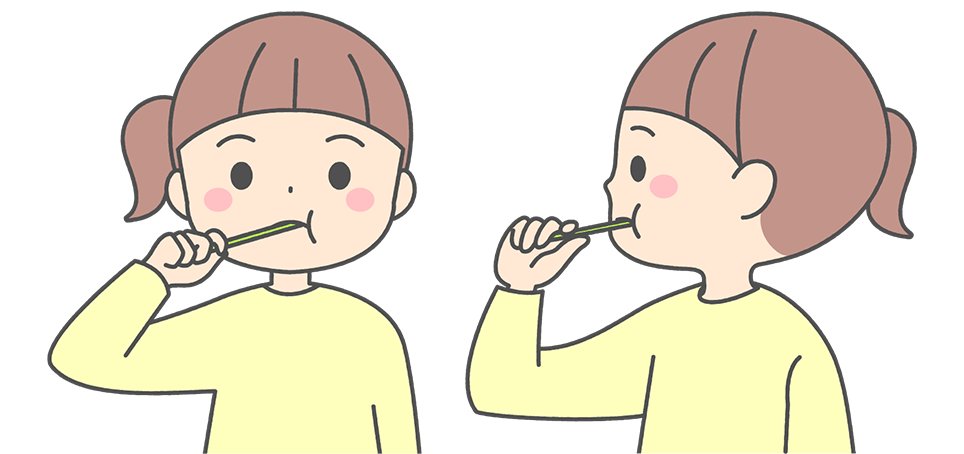
Keeping your mouth as closed as possible when brushing your teeth helps prevent spray and is advised when cleaning your teeth in a crowded area like an evacuation shelter.While brushing, keep your mouth lightly closed around the brush handle.
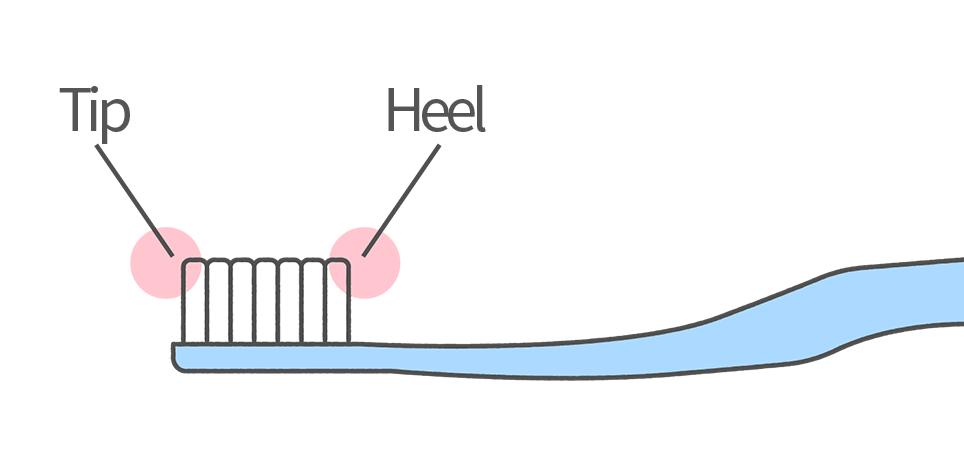
Narrow the gap between your lips, pursing forward slightly, to brush the outside of your front teeth and use the heel of the brush when brushing the back of the teeth to make brushing easier, even with a closed mouth.
— Oral care items to keep ready —
Be ready for emergencies by keeping oral care items in your emergency bag alongside other emergency supplies.
Editorial supervision of oral care information from Tokyo Medical and Dental University assistant professor Koichi Nakakuki


